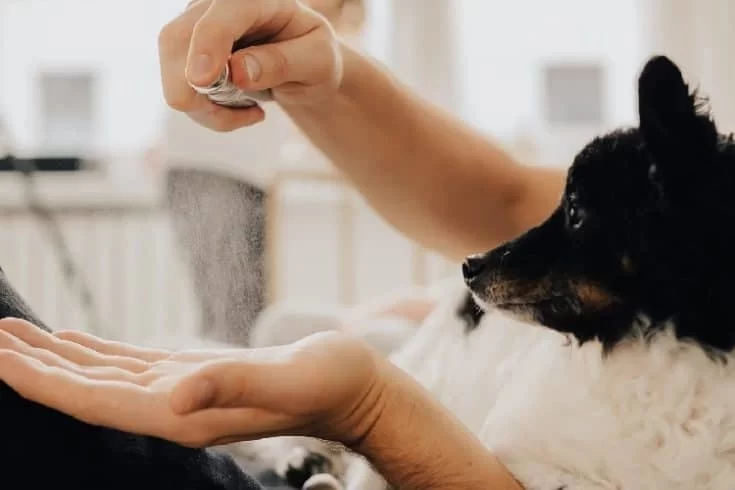- 1 - Dogs’ Sense of Smell and Perfume
- 2 - How Dogs React to Different Fragrances
- 3 - Potential Risks of Perfume on Dogs
- 4 - Real-Life Experiences with Dogs and Scents
- 5 - Safe Alternatives to Human Perfume
- 6 - Expert Tips for Using Fragrance Around Dogs
- 7 - Choosing Dog-Friendly Products
Dogs’ Sense of Smell and Perfume
Dogs have an extraordinary sense of smell—up to 100,000 times more sensitive than humans. While we might enjoy the subtle notes of a designer perfume, dogs experience those same scents as far stronger and more intense. This heightened sensitivity means that what’s pleasant for you may be overwhelming for them.
Why This Matters
Perfume molecules can linger in the air and on fur, and because dogs rely on their sense of smell to navigate the world, overly strong scents may interfere with their ability to recognize familiar smells.
How Dogs React to Different Fragrances
Some dogs might seem indifferent to mild fragrances, while others may sneeze, paw at their nose, or leave the area when a strong scent is present. It’s not always about the brand or type of perfume—sometimes the intensity alone can cause discomfort.
Natural Scents vs. Synthetic
Dogs often respond better to light, natural scents such as lavender or chamomile, compared to heavy synthetic fragrances which can feel overpowering.
Potential Risks of Perfume on Dogs
Applying human perfume directly onto a dog’s coat can lead to skin irritation, allergic reactions, or even respiratory issues. Many perfumes contain alcohol and essential oils that are not safe for dogs in concentrated form.
Long-Term Exposure Concerns
Frequent exposure to strong scents may cause chronic irritation or anxiety in scent-sensitive pets, especially if applied near their face or paws.
Real-Life Experiences with Dogs and Scents
One dog owner shared that their Labrador would always leave the room when she applied her floral perfume. After switching to a lighter, pet-safe scent, the dog’s reaction changed—he stayed calm and even rested nearby. This highlights how scent intensity directly affects canine comfort.
Observing Your Dog’s Signals
If your dog sneezes excessively, avoids you after applying perfume, or licks their nose repeatedly, it’s a sign they may not enjoy the scent.
Safe Alternatives to Human Perfume
Instead of using human fragrances, consider dog-specific colognes and sprays. These are formulated to be gentle on their skin and nose while still providing a pleasant scent.
Natural Refreshing Options
Sprays made with diluted aloe vera, light floral hydrosols, or vet-approved essential oil blends can keep your dog smelling fresh without overwhelming them.
Expert Tips for Using Fragrance Around Dogs
1. Avoid spraying perfume directly on your dog. 2. Apply your scent before interacting with your dog to allow the alcohol to evaporate. 3. Stick to mild, natural-based fragrances when possible. 4. Watch for signs of discomfort and adjust accordingly.
Keeping the Environment Comfortable
Ensure rooms are well-ventilated after applying perfume so your dog doesn’t feel trapped in a heavily scented space.
Choosing Dog-Friendly Products
Brands like Scent Snob offer pet-safe fragrance options designed specifically for dogs and their sensitive noses. These products let you enjoy fresh scents while respecting your pet’s comfort.


0 comments